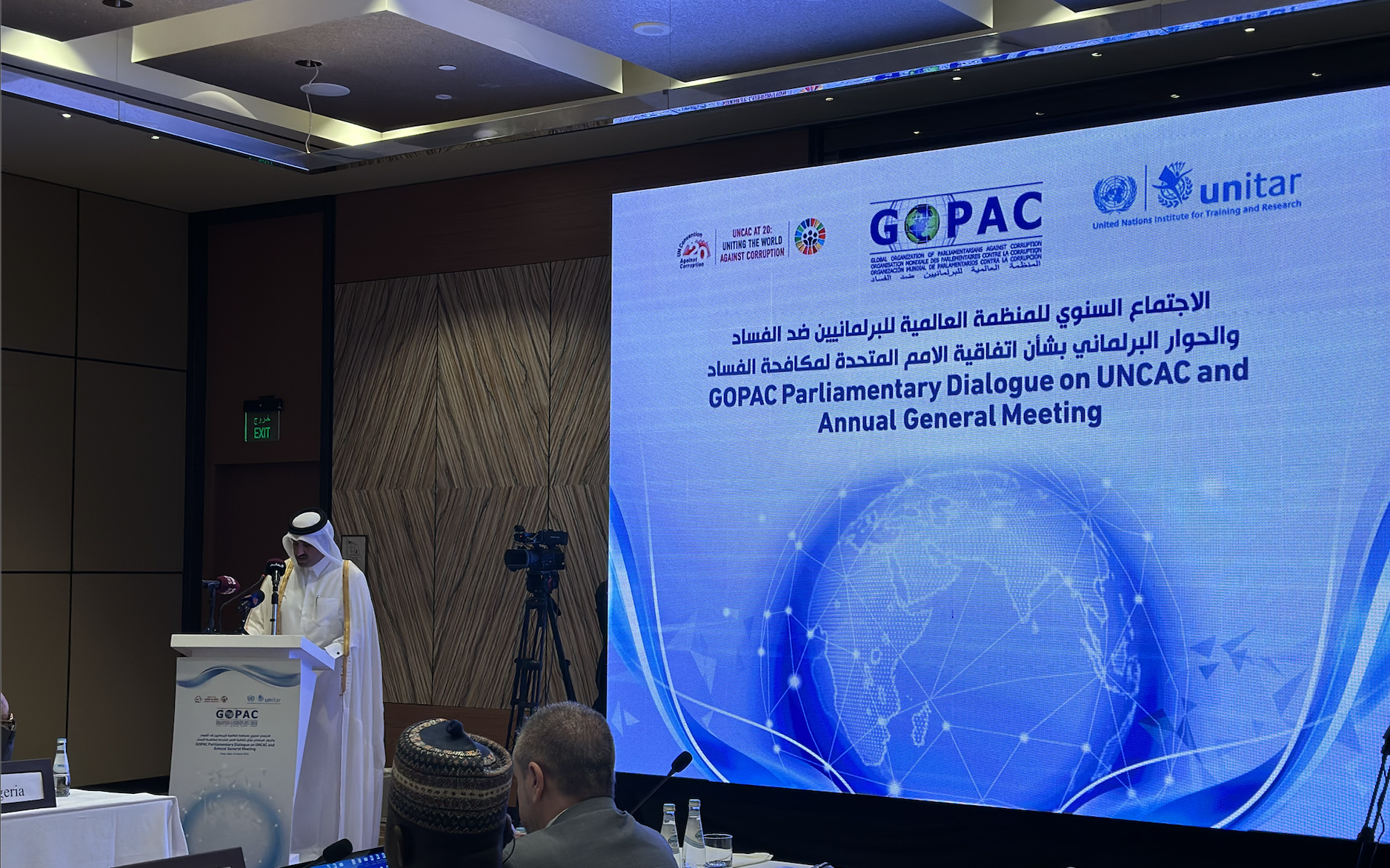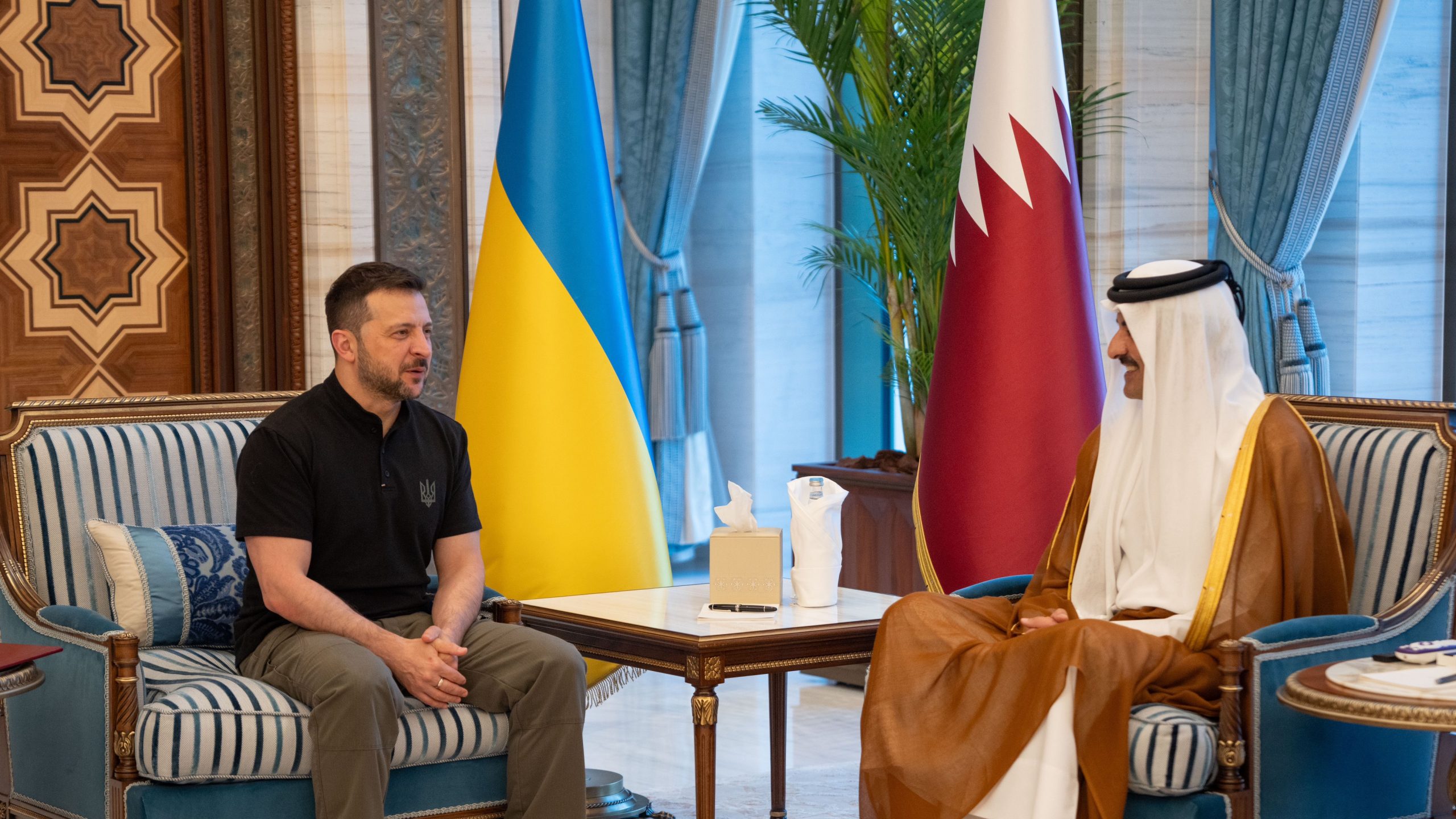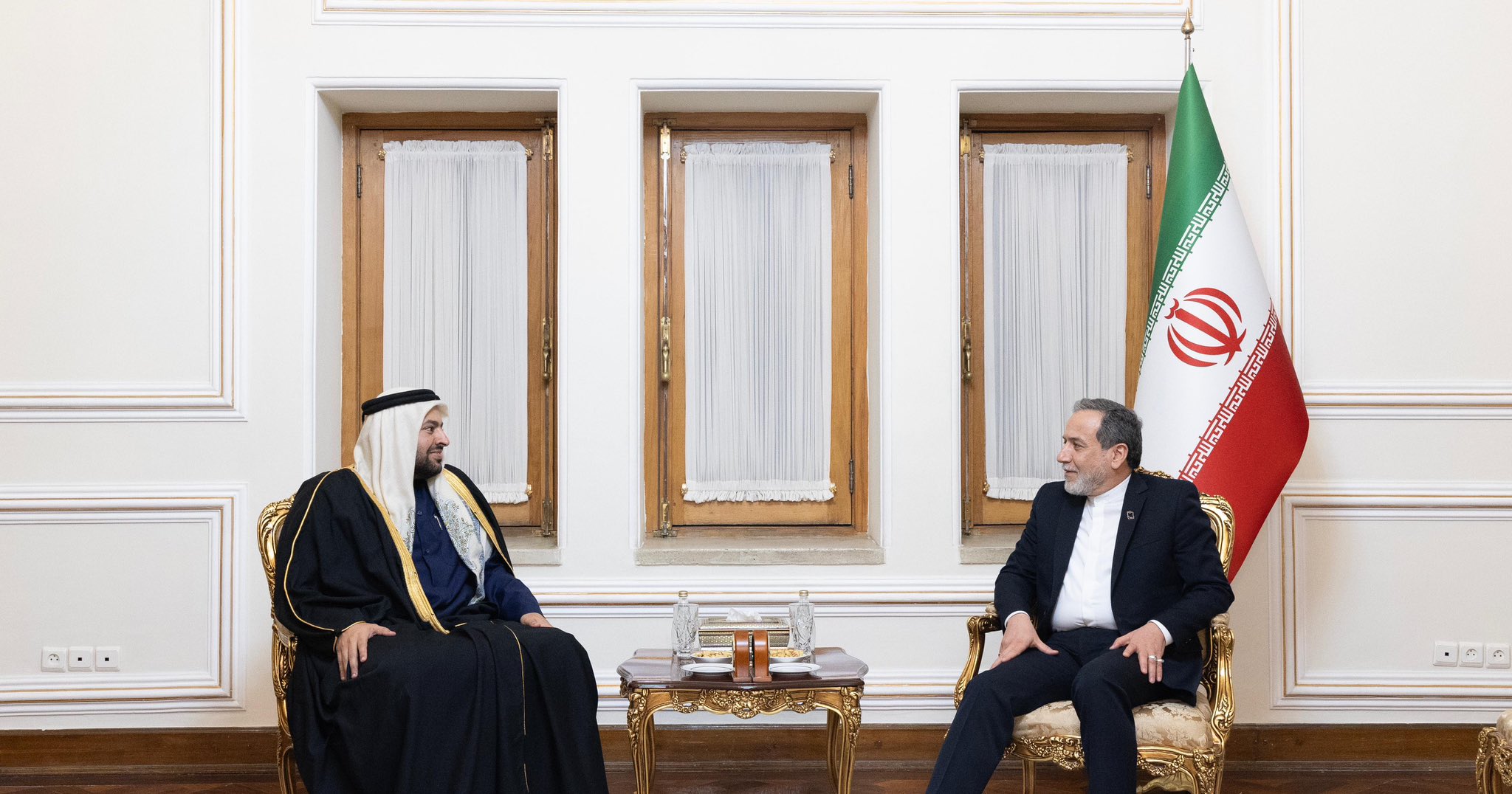The GOPAC Parliamentary Dialogue on UNCAC and Annual General Meeting was held in Doha between 8 – 9 March.
Corruption plunges countries into ignorance and backwardness, which costs present and future generations greatly, stated Ali bin Fetais Al-Marri, President of the Global Organisation of Parliamentarians Against Corruption (GOPAC).
GOPAC held its 2023 parliamentary dialogue in Doha under the leadership of GOPAC Chairman Al Marri, from 8-9 March.
The annual meeting brings together lawmakers from around the globe and seeks to increase the influence of lawmakers in all matters pertaining to corruption issues.
Al-Marri told Doha News that, “the only real deterrent in corruption cases is accountability. If people are not held accountable, no one will be deterred from participating in corruption.”
Speaker of the Shura Council Hassan bin Abdullah Al Ghanim attended the event, which was held to commemorate the UNCAC’s 20th anniversary, along with a number of other officials and representatives from UN organisations that deal with fighting corruption.
Qatar, in collaboration with the United Nations, plays a significant role in promoting the fight against corruption.
Throughout the GOPAC conference, discussions among parliamentarians from around the world centred on how to implement the UNCAC, the function of parliaments and the necessary legislation.
In his inaugural address, Al Marri emphasised the significance of the parliamentarians’ role in implementing the convention and combating corruption by supporting legislation that strengthens oversight, accountability and the fight against corruption.
He further emphasised the severe consequences of the spread of corruption, even in the most stable of governments, particularly the way it plunges countries into ignorance and backwardness, costing present and future generations greatly.
“As you know, individual citizens feel they are losing trust in governments, they’re losing trust in institutions because of corruption,” Executive Director of the UN Institute for Training and Research Nikhil Seth told Doha News.
“They feel the decisions that are being made are being made because of corrupt practices more than because of genuine interest for the citizens, so this is what we’re hoping that this dialogue will result in practical actions to end corruption.”
“I would say not much really has been achieved because everything we see around us today contains as much corruption as it did 20 years ago,” he added.







